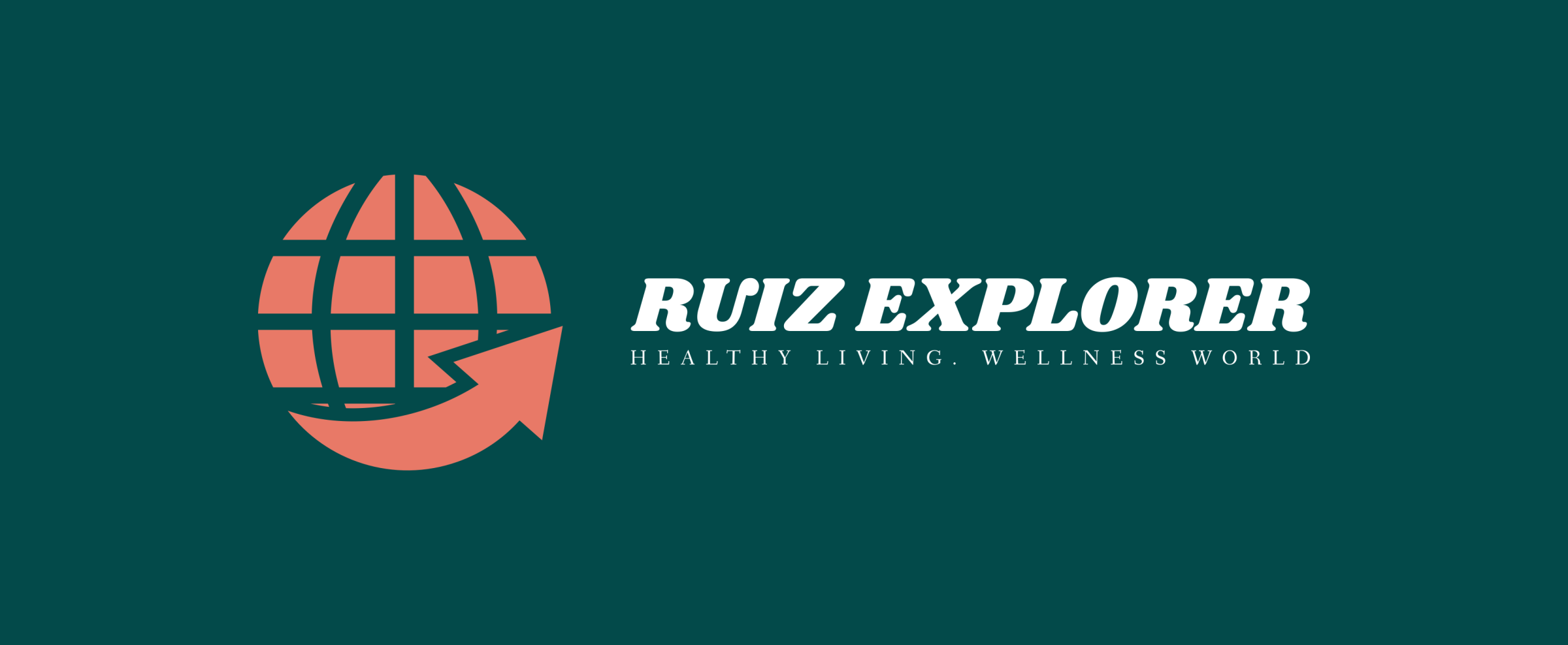
Healthy Living
Infectious Disease: Global Health Challenge,
Causes, Prevention, And Treatment
Infectious diseases refer to disorders caused by organisms such as bacteria, viruses, fungi, or parasites that can spread directly or indirectly from one individual to another. The study of infectious diseases involves a multifaceted approach that examines various aspects, including the causes, modes of transmission, prevention strategies, and treatment options.
Infectious Diseases: Global Health Challenges, Causes, Prevention, And Treatment
April 11, 2025
Published by Morris Neilson-Ruiz
Infectious diseases refer to disorders caused by organisms such as bacteria, viruses, fungi, or parasites that can spread directly or indirectly from one individual to another. The study of infectious diseases involves a multifaceted approach that examines various aspects, including the causes, modes of transmission, prevention strategies, and treatment options.
Causes:
Infectious diseases can arise from a variety of pathogens. Bacteria, which are single-celled organisms, can lead to infections like strep throat or tuberculosis. Viruses, such as the flu or HIV, require a host to replicate and can lead to widespread outbreaks. Fungi can cause skin infections or more serious diseases, while parasites, such as those that cause malaria, often have complex life cycles involving various hosts.
Spread:
Understanding how infectious diseases spread is crucial in controlling outbreaks. They can be transmitted through several routes: person-to-person contact, contaminated surfaces, air (respiratory droplets), vectors (like mosquitoes), and even through food and water. Factors such as population density, sanitation, and public health policies significantly influence the transmission dynamics.
Prevention:
Preventive measures are essential in reducing the incidence of infectious diseases. These can include vaccination, which helps to prime the immune system against specific pathogens; public health campaigns promoting hygiene practices, such as handwashing; and the implementation of screening and surveillance systems to identify and contain outbreaks swiftly.
Treatment:
The development of effective vaccines and treatments is a key focus in the field of infectious diseases. Antimicrobial drugs, including antibiotics and antivirals, are crucial in the fight against bacterial and viral infections, respectively. Ongoing research aims to combat antibiotic resistance and to develop new therapeutic strategies that can respond to emerging infectious threats.
Global Health Challenges:
Infectious diseases pose significant challenges on a global level. Outbreaks can lead to public health emergencies, economic strain, and loss of life. Addressing these challenges requires coordinated efforts, including international collaboration, research, and resource allocation. Organizations such as the World Health Organization (WHO) play a vital role in monitoring and responding to global infectious disease threats, emphasizing the importance of equitable access to vaccines and treatments across different countries and populations.
In summary, the study and management of infectious diseases encompass a wide range of activities aimed at improving health outcomes, preventing disease transmission, and addressing the complexities of global health challenges.











